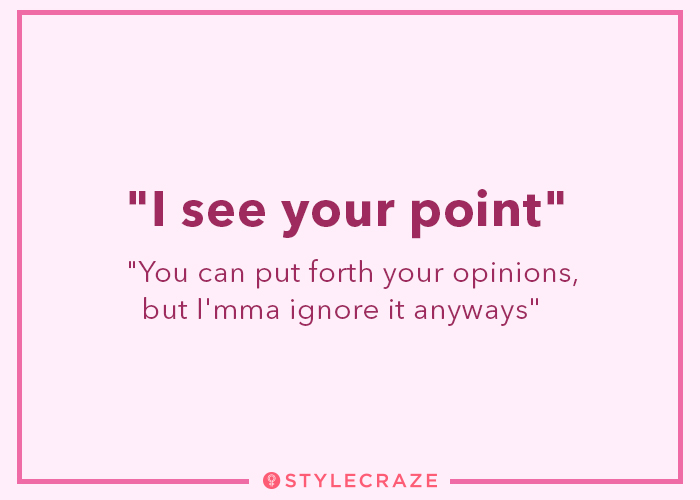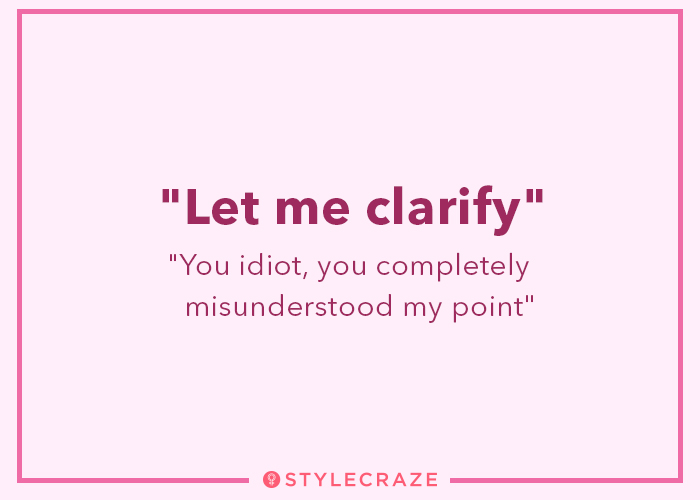Raise your hands if you’re one among those who dread over writing emails to your bosses, colleagues, clients, etc. What does a professional job expect of you? To be professional, of course! (pun intended) Okay, on a serious note, at work you cannot just be good at the work you’re hired for; you’re expected to learn and communicate professionally too. We’re hinting at the basic politeness that’s expected of a business email here. And we know, it’s a tough thing to do especially when you’re frustrated and you have to write a polite email stuffed with polite phrases by keeping a cool façade.
If it was a phone call with a client, it would’ve been a different thing. But while communicating through emails, it’s a gamble to interpret the mood of the person who has mailed you as it’s a lot harder to judge. The email might be having polite words in it, and they can be sarcastic too, who knows, right?
Don’t worry; we’ve got your back (like always) with this hilarious set of emails and a guide to their true meanings. And if you have been receiving emails with phrases like “hope this assists you” or “sorry for the delay” from your business folks, then read along for you’ll know that the translation of these phrases isn’t really a friendly one.
#1
What is written: “Please advise…”
What it means: “Mera dimag work nahi kar raha”
When you receive an email with the phrase “please advise…” we usually think of it as the other person seeking our expertise regarding an issue he’s stuck with and is trying to solve.
The hidden meaning of this phrase though could be that the sender of the email is clearly frustrated and their brains have psyched out to an extent that they’ve stopped working temporarily. And if you could advise them about what they need to do, they’ll happily do it and get done with the work.
#2
What is written: “To put it more simply…”
What it means: “I know you are stupid”
If you’re thinking that your business contact is trying to explain to you the work that needs to be done in simple terms. You’re wrong! He’s telling you in a simpler manner maybe because he thinks you’re stupid and wouldn’t understand the matter otherwise.
#3
What is written: “Hope this helps”
What it means: “Disturb karna band kar”
When you’ve got “Hope this helps,” we think of it like the sender is showing us some extra love by giving us some help even before we ask for it. The hidden meaning to it, however, is rather savage — the sender is trying to just suggest everything to you so that you don’t disturb him or her again with any further queries.
#4
What is written: “I see your point”
What it means: “You can put forth your opinions, but I’mma ignore it anyways”
This can be considered to be the height of being passive-aggressive with words! This phrase, “I see your point” might sound like the sender is trying to be sympathetic towards your inquiries. But, in reality, he’s just trying to say, “Talk whatever you want, I’m not listening.” The sender is plainly ignoring you.
#5
What is written: “PFA”
What it means: “Timepass karne ke liye time nahi hai. Direct attachment dekh le.”
You must have received emails with no body at all. All it read is PFA (please find attached) and then there’s some document attached. Why do you think there’s no “Hi” or “Hello” in them? It is because the sender just doesn’t want to waste time doing the formalities of greeting you. The sender’s main agenda is to make sure you receive the document via mail, and it’s done!
#6
What is written: “Let me clarify”
What it means: “You idiot, you completely misunderstood my point”
We call it the clarification conflict! If you find this in your email, you might as well understand that you’ve miffed your sender with your queries. The sender of this email is clearly not impressed with you.
#7
What is written: “Thank you for bringing this up to my notice”
What it means: “Zyada over-smart kaiko ban raha hai”
This phrase could be a curse, trust us! The sender is basically trying to tell you that because of you he/she needs to redo the work. Had you shut up, the work would have been done and dusted already.
Passive-aggressive meanings of messages sure are fun to read, isn’t it? Who could think that polite emails might have a hidden savage meaning to them? So, the next time you happen to be on the receiving end of extremely polite emails and feel good about them. Think again, they might mean something else in real. Have you ever felt polite emails to be sarcastic? Let us know in the comments section below.
The post We Decoded Every Common Office Email To Tell You What They Actually Mean appeared first on STYLECRAZE.











0 Yorumlar